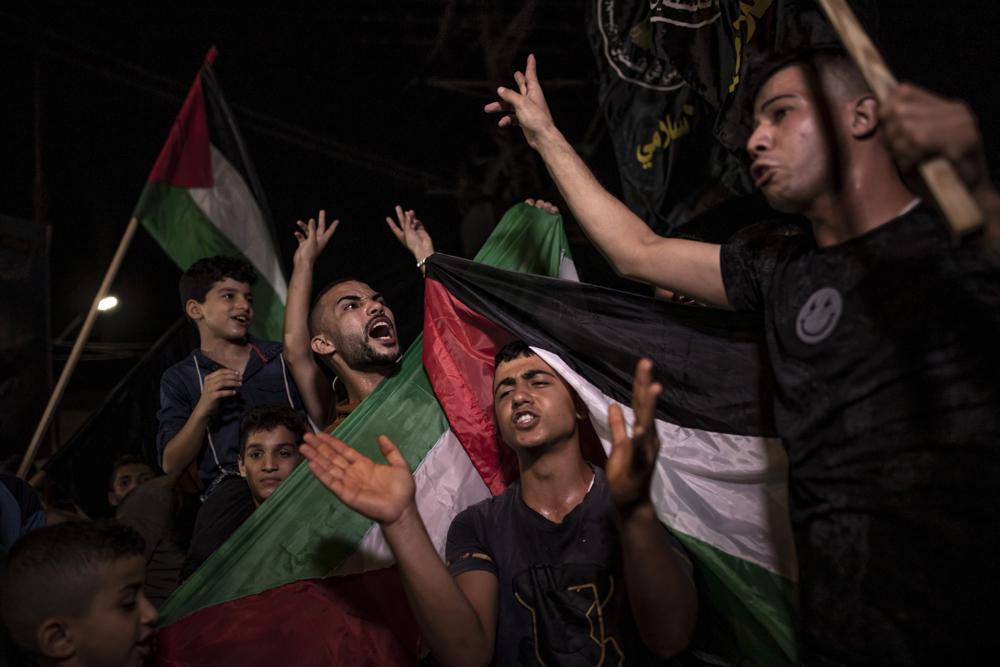

A fragile cease-fire deal to end nearly three days of fighting between Israel and Palestinian militants in Gaza held into Monday morning — a sign the latest round of violence may have abated.
The flare-up was the worst fighting between Israel and Gaza militant groups since Israel and Gaza’s Hamas rulers fought an 11-day war last year, adding to the destruction and misery that have plagued blockaded Gaza for years.
Since Friday, Israeli aircraft had pummeled targets in Gaza while the Iran-backed Palestinian Islamic Jihad militant group fired hundreds of rockets at Israel.
Over three days of fighting, 44 Palestinians were killed, including 15 children and four women, and 311 were wounded, the Palestinian Health Ministry said. Islamic Jihad said 12 of those killed were militants and Israel said some of the dead were killed by misfired rockets.
Israel on Monday said it was partially reopening crossings into Gaza for humanitarian needs and would fully open them if calm is maintained. Gaza’s lone power plant came back online Monday after fuel trucks entered a cargo crossing for the first time since the crossings with the strip were closed last week. The closure prompted a fuel shortage that ground the plant to a halt on Saturday. Gaza suffers from a chronic power crisis.
Life for hundreds of thousands of Israelis was disrupted during the violence. Security precautions imposed in recent days on residents of southern Israel were being gradually lifted Monday, the military said.
Both sides boasted of their successes. Speaking to reporters in Tehran on Sunday, Islamic Jihad leader Ziad al-Nakhalah said the militant group remained strong, despite losing two of its leaders. “This is a victory for Islamic Jihad,” he said.
Despite that claim, the group undoubtedly sustained a blow during Israel’s fierce offensive. Beyond losing the two leaders, it reduced its arsenal by firing hundreds of rockets without striking a single Israeli, thanks to Israel’s missile defense system that shot most of them down. Its own rockets may have killed several Gazans, according to Israel.
The cease-fire deal contained a promise that Egypt would work for the release of two senior Islamic Jihad detainees held by Israel, but there were no guarantees this would happen. The weekend fighting was also bound to complicate Islamic Jihad’s relations with Hamas.
A senior Israeli diplomatic official said the offensive had taken Islamic Jihad’s capabilities back “decades.” The flareup was “a successful counterterrorism operation” because Israel achieved its goals in a brief period of time. he said, speaking on condition of anonymity because he was not authorized to discuss the operation with the media.